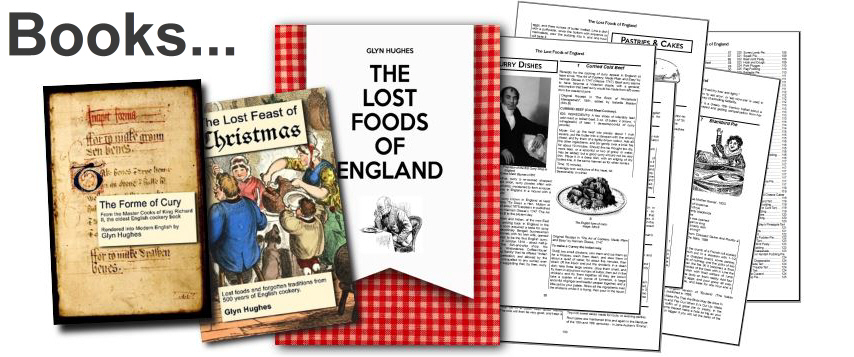

|
 Slices of bread enclosing a flavoursome filling. It is generally assumed that the Sandwich takes its name, (as did the Sandwich Islands, or Hawaii) from John Montagu (1718–1792) who inherited the title of 4th Earl of Sandwich at the age of ten, and then served with an astonishing lack of distinction in various State offices, including Postmaster General and First Lord of the Admiralty. He is also slightly famous for the fact that his opera-singer mistress, Martha Ray, got shot and killed by a deranged priest. Montagu certainly did not invent the sandwich. Meat, or cheese, between slices of bread had been eaten long before him. But, as the often-repeated story goes, his title name was applied to it some time in the 1760's after he frequently called for the easily-handled food while entertaining friends, so that their card games were not interrupted by the need for forks and such. John Montagu, 4th Earl of Sandwich But it isn't actually entirely clear where the word comes from. The town of Sandwich in Kent is very ancient and the word 'sandwich' is known for some, now forgotten, type of cord or rope back to the 1400's The earliest literary reference to 'sandwich' as a food item seems to be in the 1762 Journal of Edward Gibbon, he of the monumental 'Decline and fall of the Roman Empire'; "I dined at the Cocoa Tree. That respectable body, of which I have the honour of being a member, affords every evening a sight truly English. Twenty or thirty, perhaps, of the first men in the kingdom, in point of fashion and fortune, supping at little tables covered with a napkin, in the middle of a coffee-room, upon a bit of cold meat, or a sandwich, and drinking a glass of punch." But Gibbon, a stickler for grammar and punctuation, doesn't capitalise 'sandwich' or think it necessary to explain what one was, suggesting that it might already have been well-known and may not necessarily take its name from the Earl. Then there's the 1770 book 'A Tour to London' by the Frenchman Pierre-Jean Grosley; "A minister of state passed four and twenty hours at a public gaming-table, so absorpt in play, that, during the whole time, he had no subsistence but a piece of beef, between two slices of toasted bread, which he eat without ever quitting the game. This new dish grew highly in vogue, during my residence in London; it was called by the name of the minister who invented it." This is generally taken to explain the origin of the Montagu connection, but the receipt is very specifically for a toasted sandwich, so it may very well not tell the whole story.  Original Receipt in Escoffier 1903; Original Receipt in Escoffier 1903;2336 - SANDWICHES Sandwiches are prepared in two ways, according to their purposes. They generally consist of two slices of buttered bread, with mustard spread upon them, covering a slice of ham or tongue, &c.; Sandwiches are usually rectangular, and they should measure about three inches by one and one-half inches. The kind served at ball buffets are much smaller, and therefore it is best to cut the sandwiched product (whatever this be) into dice, and to mix it with an equal weight of butter containing mustard. When sandwiches have to be kept, they should be placed under a slight weight to prevent the bread from drying. Sandwiches may also be made from thick, toasted slices of bread, cut laterally into two, and then garnished according to fancy. Names of common Sandwiches. Ham Sandwich. Foie-Gras Sandwich. Tongue Sandwich. Hard-boiled Egg Sandwich. Beef Sandwich. Caviare Sandwich. Pressed-beef Sandwich. Tomato Sandwich. Veal Sandwich. Cucumber Sandwich. Chicken Sandwich. Watercress Sandwich. Mustard-and-cress Sandwich. See also: Bacon Butty Beef Paste Bermuda Witches Bookmaker Sandwiches Marmalade Prawns Sausage Sandwich Toast Sandwiches Toasted Cheese Sandwiches  |
|
MORE FROM Foods of England... Cookbooks ● Diary ● Index ● Magic Menu ● Random ● Really English? ● Timeline ● Donate ● English Service ● Food Map of England ● Lost Foods ● Accompaniments ● Biscuits ● Breads ● Cakes and Scones ● Cheeses ● Classic Meals ● Curry Dishes ● Dairy ● Drinks ● Egg Dishes ● Fish ● Fruit ● Fruits & Vegetables ● Game & Offal ● Meat & Meat Dishes ● Pastries and Pies ● Pot Meals ● Poultry ● Preserves & Jams ● Puddings & Sweets ● Sauces and Spicery ● Sausages ● Scones ● Soups ● Sweets and Toffee ● About ... ● Bookshop ● Email: [email protected] COPYRIGHT and ALL RIGHTS RESERVED: © Glyn Hughes 2022 BUILT WITH WHIMBERRY |